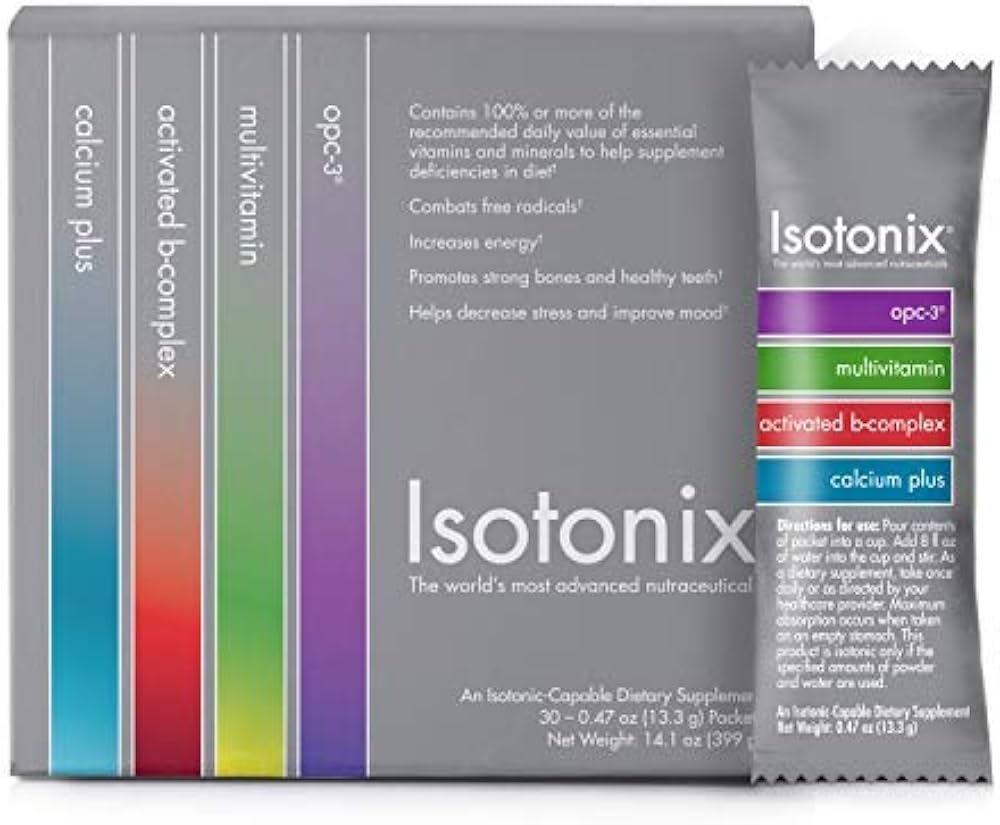Isotonix is a brand that has gained popularity for its wide range of dietary supplements and health products. However, with the rise of multi-level marketing (MLM) businesses in the wellness industry, many people have questioned: Is Isotonix a pyramid scheme? In this article, we’ll explore the business model behind Isotonix, discuss the differences between MLMs and pyramid schemes, and provide clarity on whether or not Isotonix fits the criteria of a pyramid scheme.
Understanding Isotonix and Its Business Model
Isotonix offers a range of nutritional supplements marketed primarily through a multi-level marketing (MLM) model. The company behind Isotonix, Market America, offers a wide variety of health products, ranging from vitamins and minerals to skincare and weight loss solutions. These products are sold by independent distributors, who are encouraged to recruit others to join the business and sell the products as well.
In MLM businesses like Isotonix, distributors earn commissions based on their sales and the sales made by the people they recruit into the business. This structure often leads to a focus on recruitment in addition to product sales, which is one of the key factors that leads people to question whether such a business model could be a pyramid scheme.
Also Read: Fran Candelera News: Latest Updates and Insights
Is Isotonix a Pyramid Scheme?
The term “pyramid scheme” refers to a business model where the primary way to earn money is through recruiting others into the scheme, rather than through the sale of actual products or services. Pyramid schemes are illegal in many countries because they rely on a constant influx of new participants to generate income, often leading to the collapse of the scheme when recruitment slows down.
Key Differences Between MLM and Pyramid Scheme
Before we can definitively answer whether Is Isotonix a pyramid scheme, it’s important to understand the difference between a legitimate MLM business and an illegal pyramid scheme.
- Product Sales vs. Recruitment: A legitimate MLM like Isotonix relies on the sale of actual products to generate income for its distributors. In contrast, pyramid schemes focus almost entirely on recruitment, with little to no emphasis on selling a product or service.
- Compensation Structure: In a pyramid scheme, the vast majority of the money earned comes from new recruits paying into the system. In MLMs, while recruitment may play a role in increasing earnings, distributors can still make money from product sales.
- Legality: Pyramid schemes are illegal because they exploit new participants, while MLMs are legal, provided that they are structured to emphasize product sales and not just recruitment.
So, is Isotonix a pyramid scheme? Based on the structure of the business and its focus on selling products, Isotonix is not a pyramid scheme. However, like many MLMs, the company’s compensation structure does encourage recruitment, which can lead to confusion. “Potential distributors should understand the model before getting involved.”
How Does Isotonix’s Compensation Plan Work?
Isotonix’s compensation plan is designed to reward distributors for both product sales and recruitment. Here’s a breakdown of how it works:
- Retail Profit: Distributors can purchase Isotonix products at a wholesale price and sell them at retail price, earning a profit on each sale.
- Commissions on Downline Sales: Distributors earn commissions not only from their own sales but also from the sales made by the people they recruit into the business. This is where the MLM structure comes into play, as distributors can earn income from their downline.
- Bonuses: As distributors advance in the business, they can qualify for additional bonuses based on their sales volume and the success of their recruits.
While this structure may seem similar to a pyramid scheme, it’s important to note that Isotonix does offer tangible products that can be sold to customers. The compensation plan does allow distributors to make money through legitimate sales, rather than solely through recruitment.
Is Isotonix’s Business Model Sustainable?
One concern with MLMs like Isotonix is whether the business model will remain sustainable in the long run.”As more people join the business, the market for selling products saturates, making it harder for new recruits to make a profit.” Additionally, many MLM participants struggle to make significant income because most of the money earned is based on recruitment rather than actual product sales.
However, this doesn’t mean that Isotonix’s business model is inherently flawed. Distributors who focus on selling the products and building a solid customer base, rather than just recruiting new people, can potentially make a sustainable income. But, as with any business, success depends on the individual’s ability to sell products and build a strong network.
FAQs
1. Is Isotonix a pyramid scheme?
No, Isotonix is not a pyramid scheme. While it operates under a multi-level marketing model, it is not based solely on recruitment. Distributors can earn money through legitimate product sales.
2. Can I make money with Isotonix without recruiting?
Yes, it is possible to make money by selling Isotonix products without recruiting others. However, recruitment can increase your earning potential by building a larger downline.
3. Is Isotonix legal?
Yes, Isotonix is legal in many countries. However, as with any MLM, it’s important to understand the compensation structure and ensure that your focus is on selling products, rather than just recruiting.
4. What’s the difference between Isotonix and a pyramid scheme?
The main difference is that Isotonix offers legitimate products for sale, while pyramid schemes rely primarily on recruitment to generate income. Isotonix’s business model allows for earnings from both product sales and recruitment, whereas pyramid schemes do not.
5. Is Isotonix a good business opportunity?
Whether Isotonix is a good business opportunity depends on the individual. If you’re interested in health products and willing to put in the effort to sell them, you can find it to be a viable opportunity. However, it’s essential to understand the challenges of MLMs, including the potential difficulty in recruiting and the importance of focusing on product sales.
Conclusion
In conclusion, Is Isotonix a pyramid scheme? The answer is no. While Isotonix operates under a multi-level marketing model, it is not a pyramid scheme because it offers real products for sale and allows distributors to earn income through both product sales and recruitment. However, it’s crucial to approach any MLM with caution and ensure that your focus is on legitimate product sales rather than relying solely on recruitment. Understanding the business model and the potential challenges involved will help you make an informed decision if you are considering becoming a distributor.

